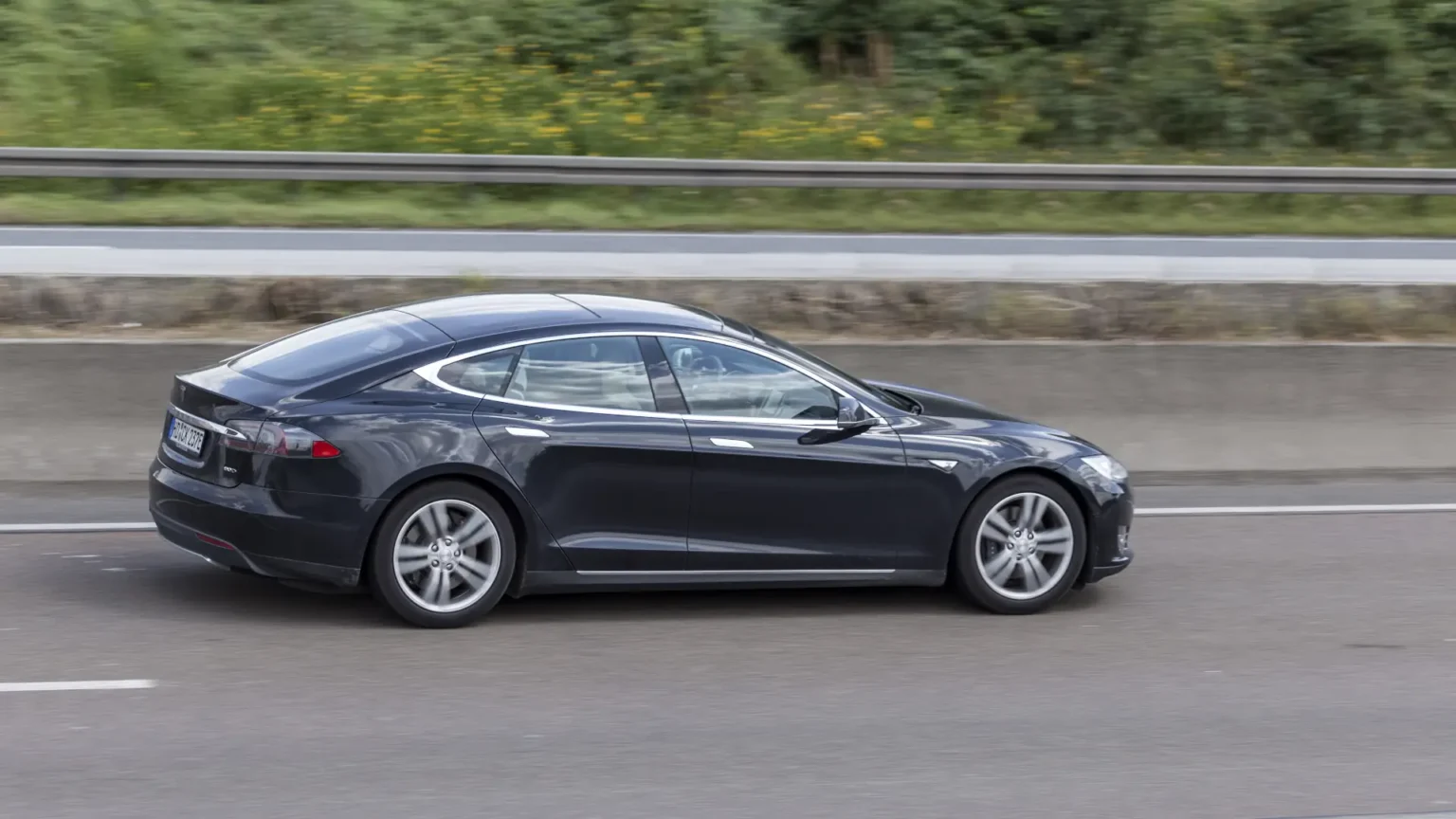NZ’s clean car policies have been a pivotal part of the nation’s approach to reducing emissions and promoting sustainable transport. However, as of 2024, significant changes have reshaped the landscape. New Zealanders looking to purchase new electric vehicles in the future face a market that is often changing. The original Clean Car Discount scheme, which played a central role in incentivising low-emission vehicle adoption, has been repealed by the new government, citing financial and operational inefficiencies.
Let’s explore what this means for the future of vehicle ownership in New Zealand and the broader implications for emissions, the automotive industry, and the economy.
The Evolution of Clean Car Policies
The Clean Car Discount in NZ was first introduced in 2022 to reward buyers of low-emission vehicles (like electric vehicles) and penalise those purchasing high-emission cars. The scheme aimed to make the country’s vehicle fleet cleaner over time by balancing the costs of rebates and fees.
In 2024, the government decided to scrap the policy. While initially seen as a progressive step towards reducing carbon emissions, the new coalition government argued that the cost outweighed the benefits.
The Immediate Effects: Rebates and Penalties Are Gone
One of the policy repeal’s most direct effects is the removal of the rebates and penalties associated with vehicle emissions. Before this change, the NZ clean car policies offered up to $8,625 for new EV buyers, giving a strong financial incentive to switch to cleaner vehicles. On the flip side, those purchasing high-emission vehicles faced penalties of up to $5,175. Both measures were aimed at shifting consumer behaviour towards environmentally friendly options.
With the repeal, consumers looking to buy a low-emission vehicle will no longer receive rebates, and those opting for high-emission cars will not face any penalties.
Long-Term Implications for EV Adoption and Emissions
The repeal of the Clean Car Discount is projected to impact EV adoption in New Zealand significantly. Research conducted by Drive Electric suggests that by 2030, there could be between 100,000 and 350,000 fewer electric vehicles on the road due to the policy change. This will inevitably affect New Zealand’s emissions targets, with predictions suggesting an increase in carbon emissions of between 900 and 3,000 kilotonnes by 2030.
While the government anticipates saving approximately $177 million in car prices and $37 million in reduced administrative costs for Waka Kotahi (NZ Transport Agency), there is a potential economic downside. The projected reduction in EV adoption could result in increased fossil fuel imports, costing the economy between $900 million and $3.5 billion in the long term.
How Businesses Are Adapting to the New Landscape
The automotive industry and businesses closely linked to vehicle sales are already feeling the effects of the changes in NZ’s clean car policies. For car dealerships, the removal of rebates and penalties has created a need for rapid adjustments to inventory management and pricing strategies. Dealerships are now focused on reassessing their stock of electric and low-emission vehicles while adapting pricing models to stay competitive in a market that no longer offers direct financial incentives for cleaner vehicle purchases.
Marketing strategies have also shifted. Rather than focusing on the immediate financial benefits of purchasing low-emission vehicles (such as rebates), businesses are now highlighting the long-term cost savings of owning an electric or hybrid vehicle. These savings include reduced maintenance, lower fuel costs, and overall efficiency – all of which remain attractive to environmentally conscious consumers.
For businesses operating large vehicle fleets, the repeal of the Clean Car Discount has prompted a reevaluation of their transition plans to cleaner vehicles. Although the financial incentives are gone, many companies still see the long-term operational benefits of low-emission vehicles, especially as corporate sustainability commitments become more prominent.
What Lies Ahead for NZ Clean Car Policies?
New Zealand’s clean car policies are in flux, with the repeal of the Clean Car Discount marking a turning point for the nation’s approach to vehicle emissions and sustainability. While the immediate focus is on cost savings and market stabilisation, the long-term consequences remain uncertain, particularly concerning emissions targets and EV adoption.
As the country navigates this new policy landscape, the automotive industry and consumers will be watching closely to see how the government responds to calls for alternative incentives. With climate goals still a priority for New Zealand, future policies may emerge to strike a balance between economic viability and environmental responsibility.




